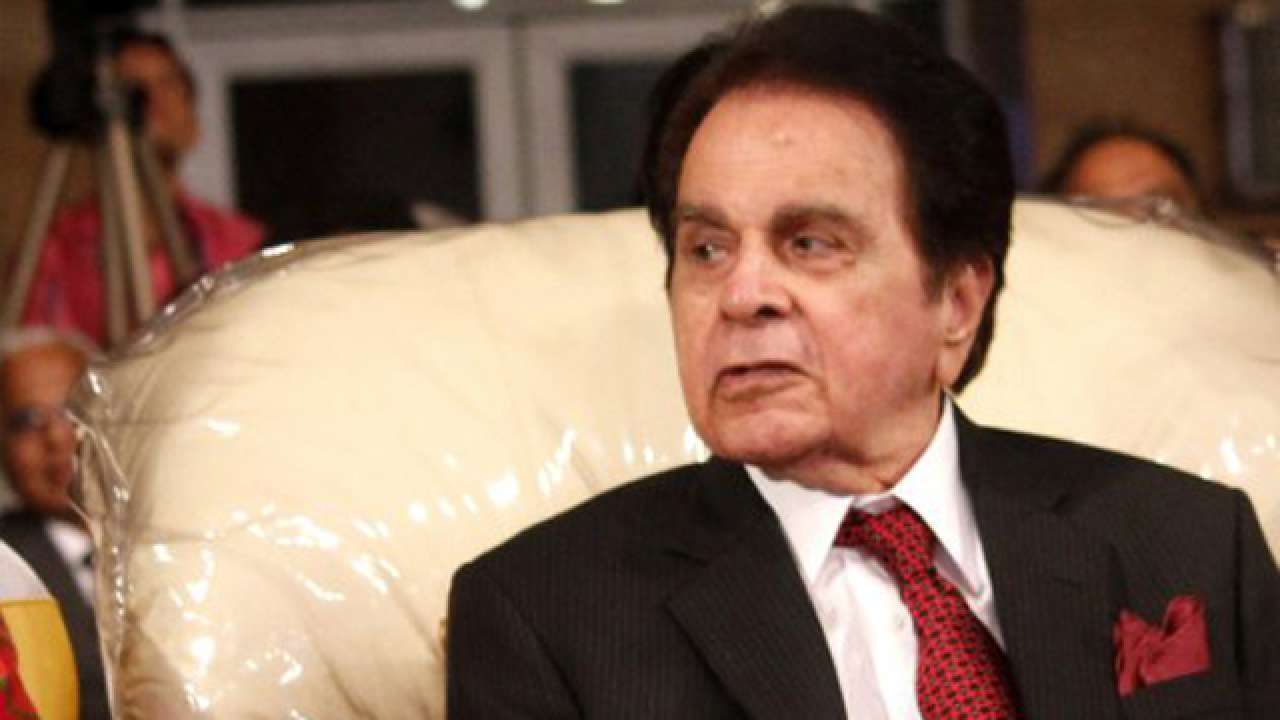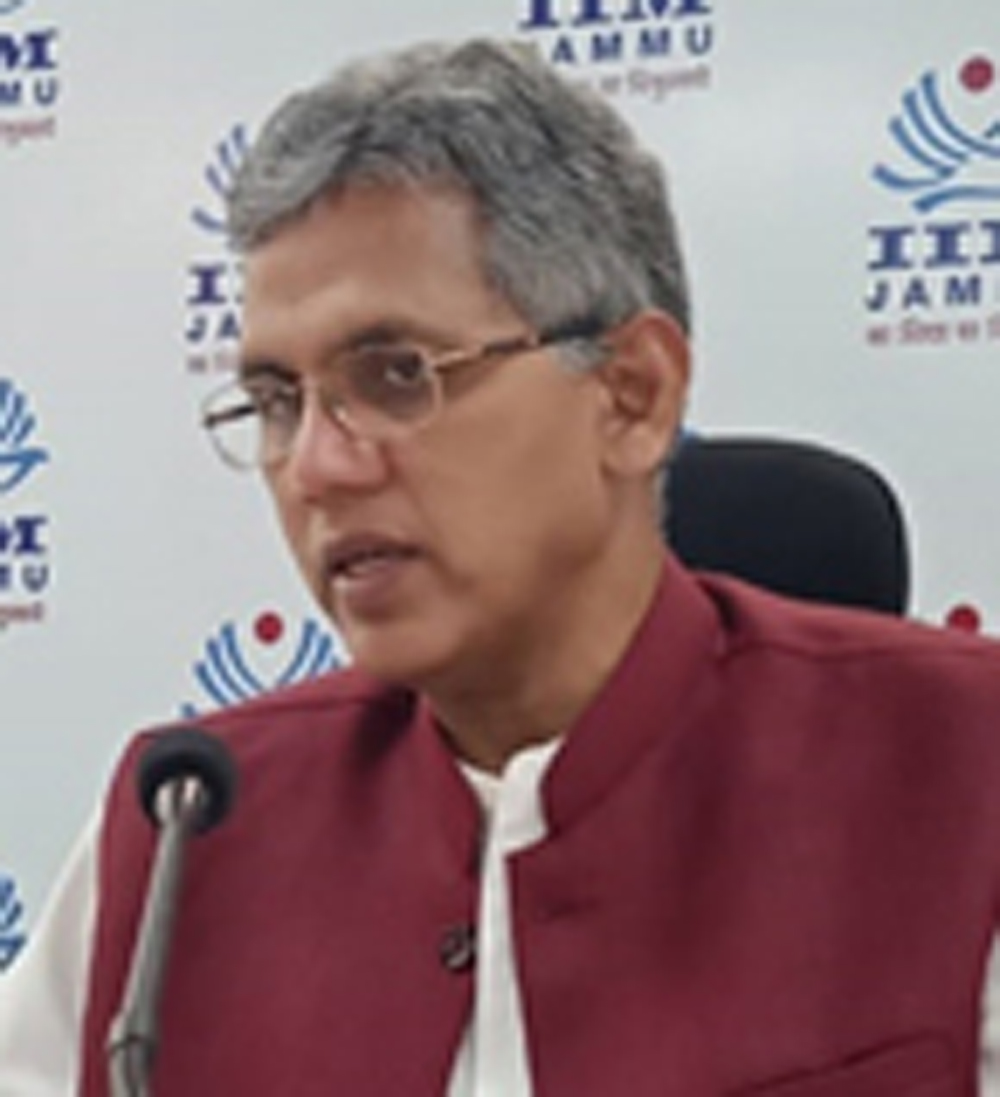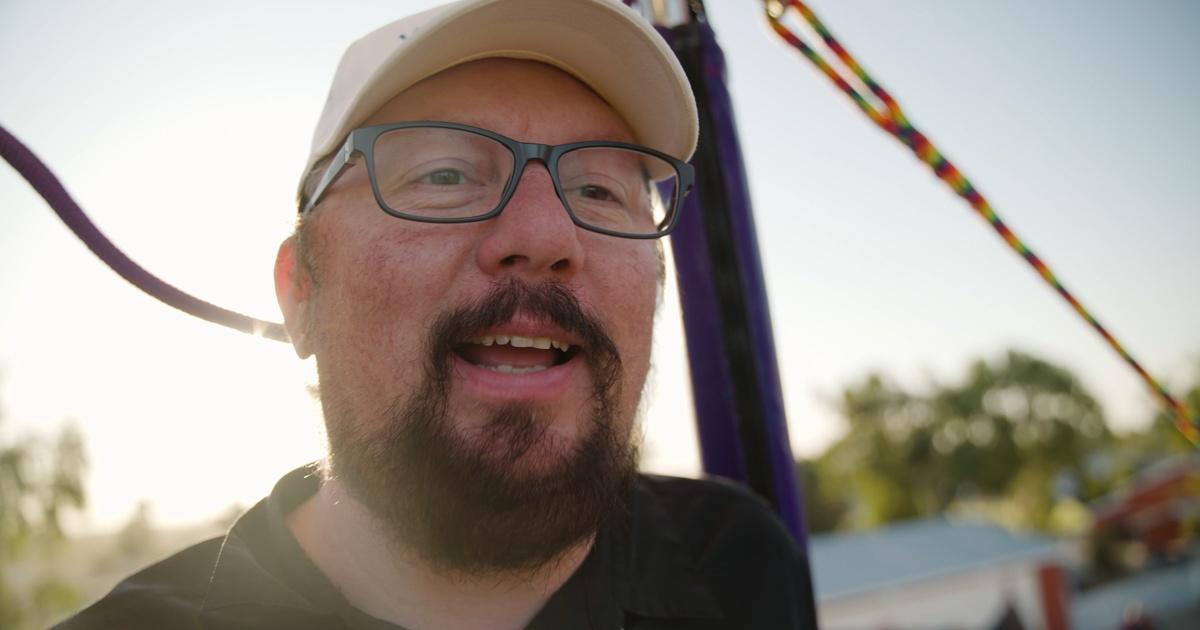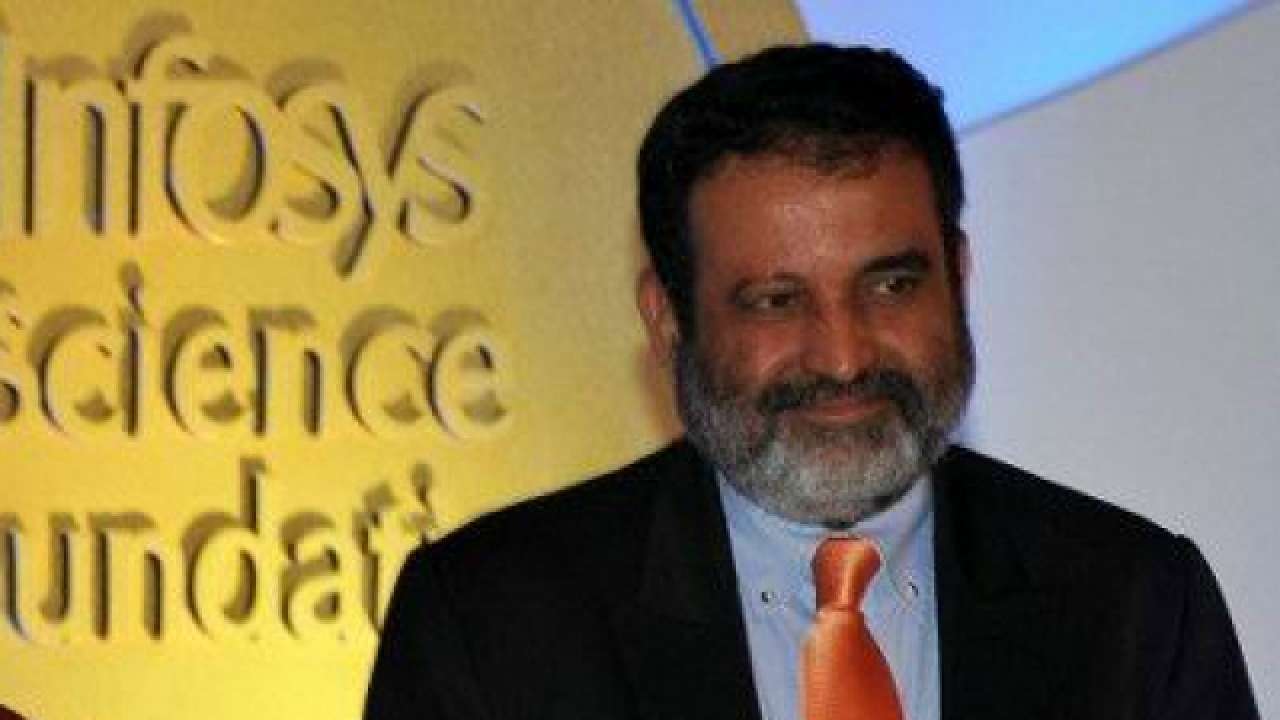
- Select a language for the TTS:
- UK English Female
- UK English Male
- US English Female
- US English Male
- Australian Female
- Australian Male
- Language selected: (auto detect) - EN
Play all audios:
If there was one thing you might choose to symbolise the difference between the United Kingdom and the United States, it would be the gun. We in the UK are often baffled by America’s
Gollum-like coveting of firepower. Here, though not uncommon, the only people you might expect to find wielding a gun are farmers and tweed-clad types on grouse moors, and even then, we’re
never quite sure what they’re doing. In the States, though, we are led to believe that everyone is a gun-toting nut — even the hippy communes out in the Midwest pack enough heat to launch a
coup in Nicaragua. America and the gun are synonymous — and, for the life of us, we cannot understand why. That is because what we see of it here is usually tragedy — school shootings, or
white supremacist attacks, or gang-related firefights and drive-bys. Nothing good, we feel, has come of America’s love of cordite and bolt-action, high powered magazines and scopes. It’s why
the action movie genre has never really taken off in the UK — there’s only so much terror that can be inspired by a side-by-side shotgun that needs frequent reloading. But in America? There
is no type of shootout that cannot happen — indeed, has not happened — so nothing is beyond the realm of possibility. But why, we ask ourselves every time a gun-related tragedy occurs, does
America not simply get rid of them? Why doesn’t this land of hope and opportunity simply get these weapons off the streets? We understand, of course, that the idea behind it has always been
about the protection of liberty and property, and to ward off the tyranny of government. We have always scoffed at this from the relative safety of postwar Europe — America, we tell
ourselves, will never be faced with that, and the refusal to dispense with the gun is simply the selfish response of a nation that would rather indulge its inner barbarian than face reality.
Now, though, following yet another act of deadly police brutality, mass rioting, and the words of warning from the president, we can see that the fears of those selfish yanks are actually
very well founded. America has always been closer to tyranny and mayhem than we have ever been willing to believe. There is no escaping it now. The protests that have erupted across the
country have in various areas descended into violence, with property destroyed and looted and innocent bystanders attacked. To the average white middle class American, it is clear why this
more than justifies the need to own firearms — the authorities may not get there in time to help you, and you have to rely on yourself to protect what’s yours. The NRA, no doubt, will see a
surge in membership as a result of what has happened. This is the image that underpins our view of America’s relationship with guns — the undertones of fear from the affluent middle. That,
we tell ourselves, is why America will never be rid of guns: rednecks in the fields and white folks in the suburbs are scared of who lives a few blocks down. It is not just a fear couched in
prejudice — it is justified. But the average white middle class American shares something in common with the huddled, simmering lower classes and ethnic minorities: fear of overbearing
institutional power. And that, too, is a more than justified fear. The killing of George Floyd was one such incident, but there have been countless others, stemming in part from
relationships between different communities, especially the African-American community, and from distrust the police. It has been a bastion of racism in some parts for so long, and even
where racism is not the primary motivator, the job of a police officer is one that many people who should not be given power find attractive — it allows it to be wielded, including with
deadly force, almost with impunity, and is both respected and reasonably well remunerated. What bully could resist? Combine a job that attracts individuals like that with a state
infrastructure bent on increasing its own power, and you have a recipe for tyranny. It is one all end up facing at some stage. The twin fears have now been realized on a mass scale by the
militarised response of the US not only to violent looters but also, shockingly, to overwhelmingly peaceful protestors. The state is now showing the people, of all backgrounds, why
self-empowerment is so important: the people exist in a state of animosity with their government, and the government has the upper hand if they allow it. This jeopardises the social
contract: opportunity, liberty, and the protection of life and private property are all worthless notions if the state uses the power to crack down on both the criminal and the innocent
protestor indiscriminately. Though we in the UK may step back and say the answer to so many of America’s problems would be fewer guns, the senseless descent into an orgy of wanton
destruction, met by the heavy-handed intervention of the Trump administration will almost certainly see more guns being bought by the public, whatever their political view. It’s sure to end
badly, but perhaps now, seeing people attacking members of the public and their property, and then witnessing both the violent and the peaceful public being beaten by police on the streets,
we can understand why.









